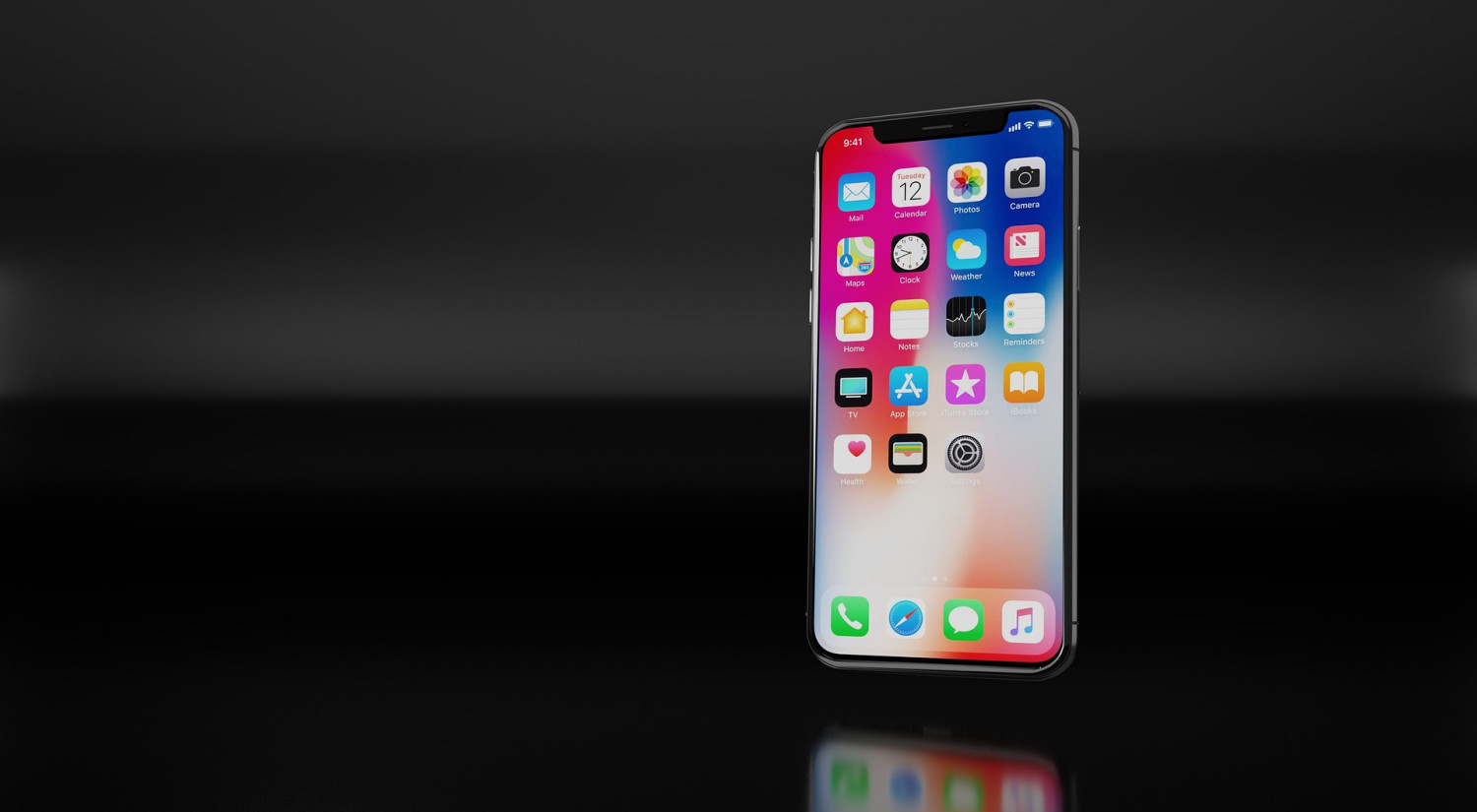It would that another major institution has fallen prey to the recent hysteria surrounding EVALI, a vaping-related illness that has come about in recent months. Apple is rolling out a vape ban, no longer allowing the sale of vaping apps. The tech giant is defending the decision as a measure to protect its users. They reference a desire to “curate the App Store as a trusted place for customers, particularly youth, to download apps.”
Prior to this sweeping ban, there were 181 vaping apps available through the tech empire’s platform. The sale of tobacco or vaping products has never been permissible through Apple’s services.
However, this new series of changes targets apps that serve as companion features to vaping products. Such apps allow users to control various aspects of their devices, such as heat and lighting. Although downloading such apps is no longer a viable option for Apple users, existing downloads will function as normal.

As of this writing, over 2,000 individuals have fallen ill due to EVALI, with 42 cases resulting in death. The Center for Disease Control and Prevention has recently been working to unveil the exact nature and cause of EVALI. Recent research by the CDC points toward Vitamin E Acetate as the likely culprit behind these illnesses. Black market vaping products often contain this substance, making them a likely (albeit still theoretical) culprit.
The Potential Impact Of The Ban
This stern action by Apple represents another in a series of measures that have been taken against vaping products by companies and government bodies alike. Despite the fact that black market vaping products are a far more likely cause for EVALI, most of the measures taken against it have targeted legal products.
PAX, for example, has a series of devices that, without their associated mobile apps, become a great deal more complicated to use. Because of this, the Apple vaping ban stands a chance to do a significant amount of damage to PAX (and other suppliers of vaping products) in the form of lost customers.
Buy PAX ERA Vaporizer
RAPPER WEED: WHICH RAPPERS HAVE CANNABIS PRODUCTS IN THE MARKET?
10 UNDERRATED FEMALE RAPPERS YOU SHOULD LISTEN TO RIGHT NOW
9 RAPPERS FROM DETROIT YOU NEED TO KNOW THIS YEAR








